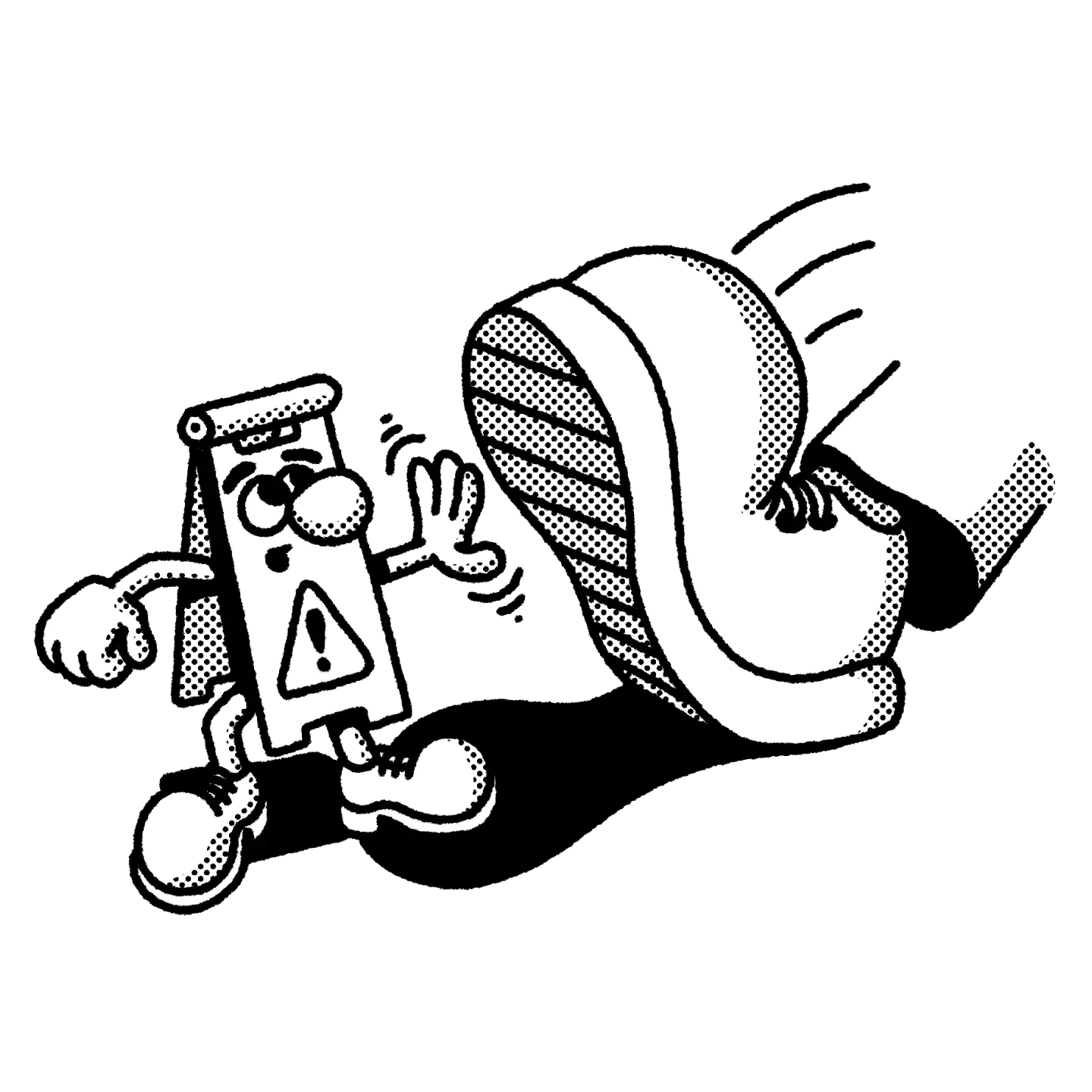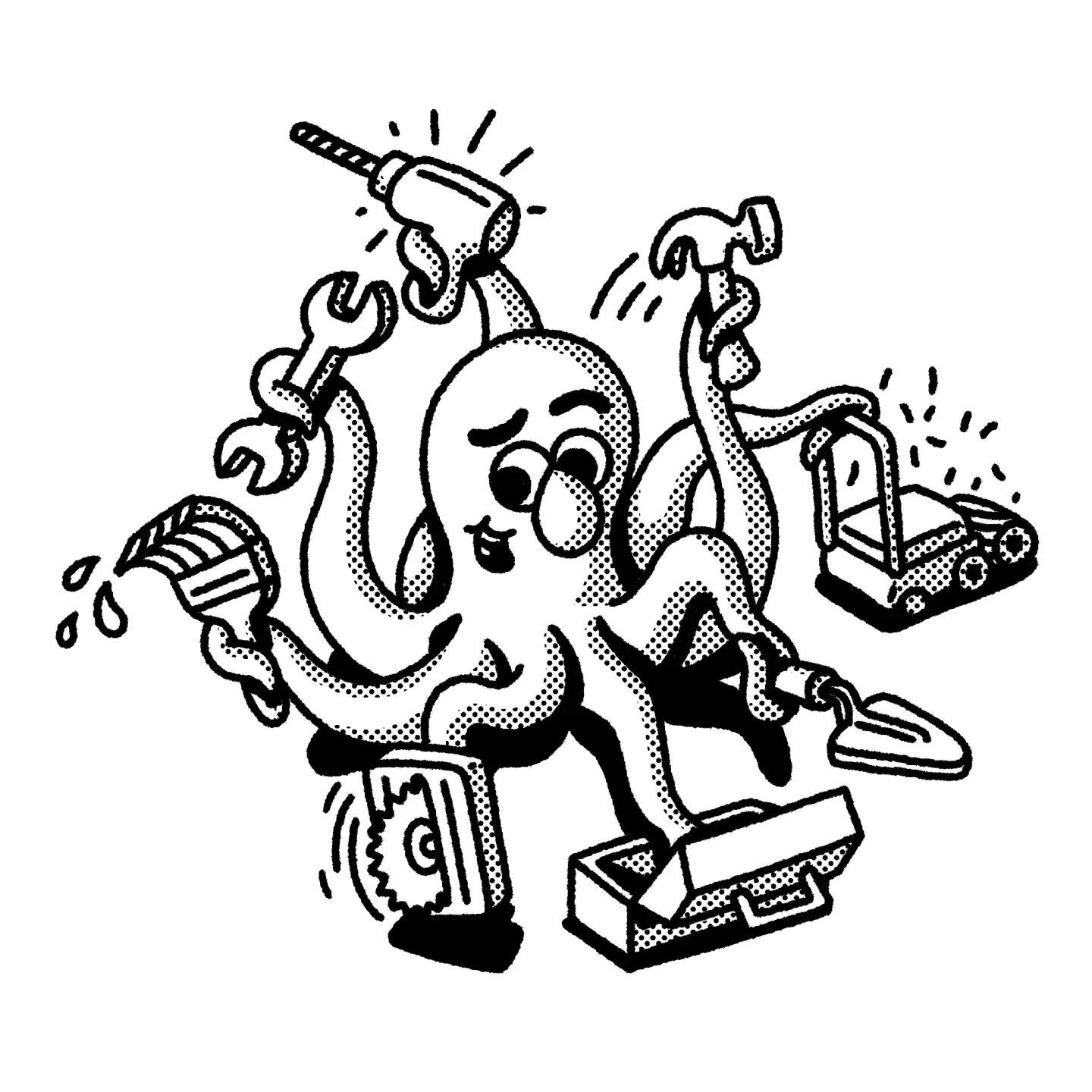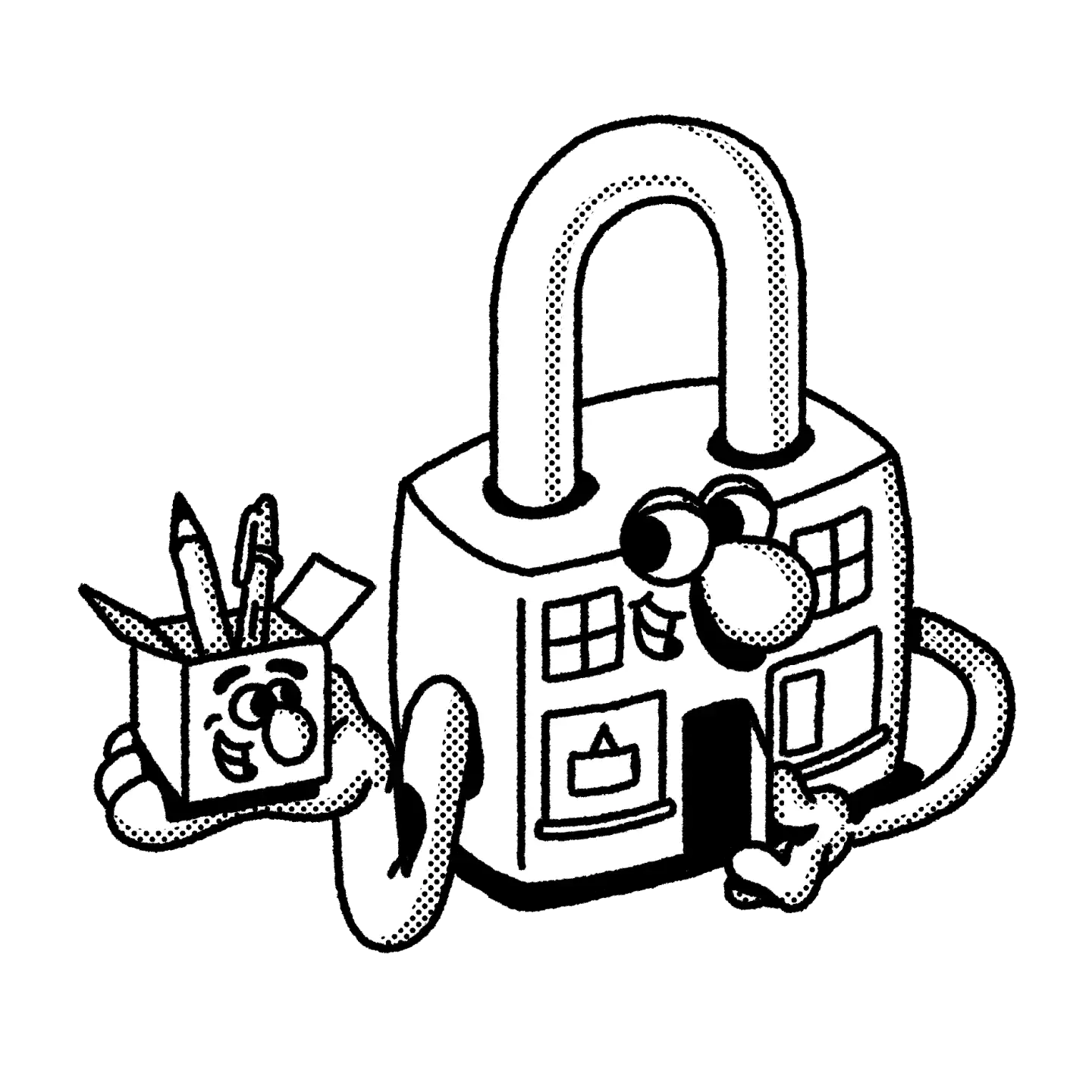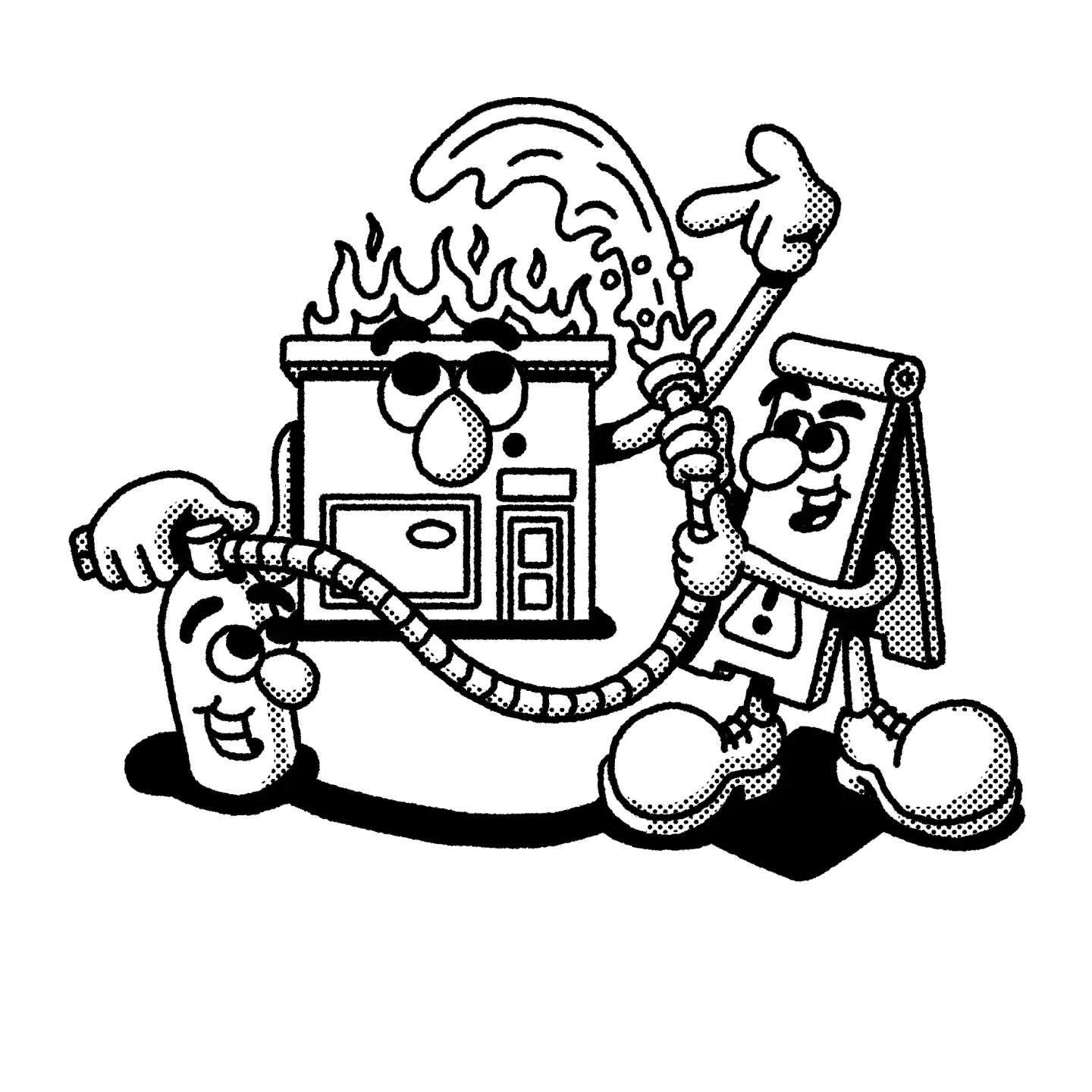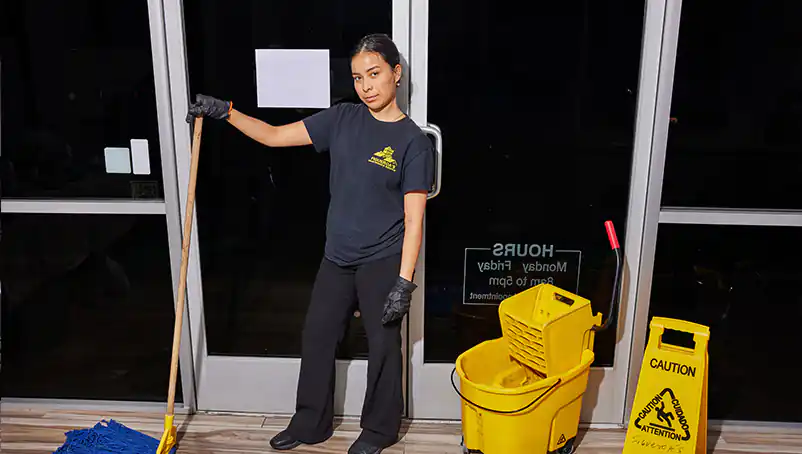How liability and insurance work together
Being liable means taking responsibility for harm or damage caused. For example, if someone slips in a store due to the business’s mistake, they’re liable for the injuries.
This is where insurance comes in to help. Liability insurance can offer financial protection against specific risks and prevent the owner from shouldering the full costs themselves.
So, if a company is found liable, this insurance helps cover costs like legal defense, settlements and judgments up to policy limits.
Types of liability insurance for small businesses
Liability insurance is an investment in your business’s future. It allows you to focus on running your business instead of worrying about lawsuits.
- General Liability insurance: This is the most common and basic type of liability insurance, covering a wide range of risks, such as bodily injury, property damage, and personal injury.
- Professional Liability insurance: Also known as Errors and Omissions (E&O) insurance, this type of insurance helps protect businesses that provide professional services from claims of negligence or professional mistakes.
- Product Liability insurance: This insurance protects businesses from claims arising from injuries or damages caused by defective products.
- Commercial Auto insurance: This type of liability insurance provides coverage for you and your employees when anyone is driving for work.
While liability insurance offers valuable protection, businesses must be aware of its limitations, including coverage limits, policy exclusions, legal and regulatory restrictions, and the distinction between claims-made and occurrence policies.
How to minimize liability in a small business
Being held liable for something can devastate a small business. To minimize liability exposure and ensure adequate protection through insurance, business owners should consider the following steps:
- Execute an in-depth risk assessment for the business.
- Implement risk management strategies to mitigate identified risks.
- Ensure compliance with all relevant legal and regulatory standards.
- Consult with insurance professionals to understand specific insurance needs.
- Purchase appropriate types and levels of liability insurance.
- Regularly review and update insurance policies to match the business’s evolving needs.
- Maintain detailed records of safety protocols, employee training, and incident response procedures.
- Respond promptly and effectively to any incidents that may occur.
How NEXT works with your business
We know your business is unique and has specific needs. That’s why we offer affordable, custom business insurance.
To get your tailored instant quote, simply answer a few questions online. Once you’ve purchased your insurance, you can immediately access your certificate of insurance and share it 24/7 via the NEXT app.
Start a free instant quote with NEXT.

